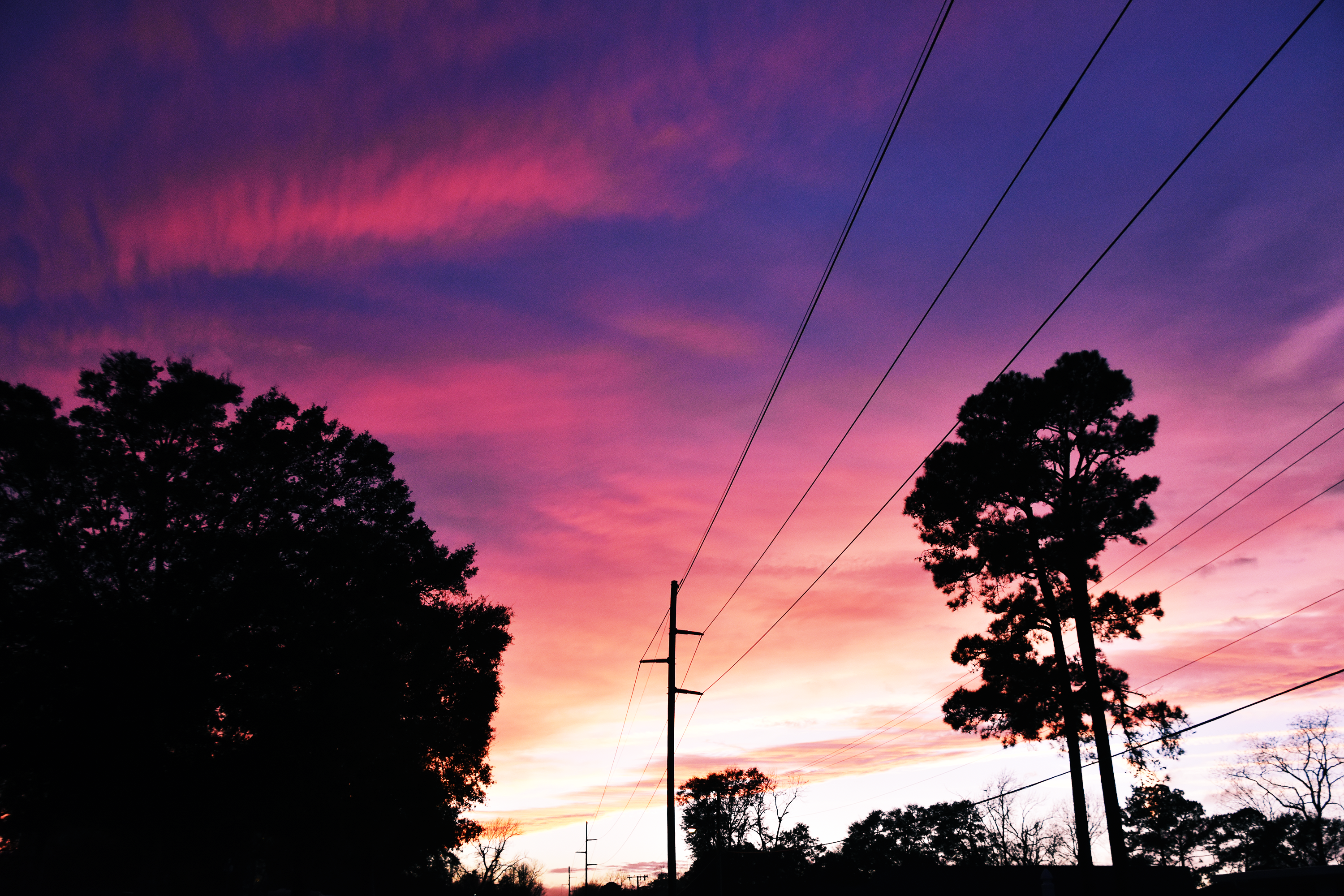Failed nuclear project will raise customers’ power bills, Santee Cooper says

Editor
This article originally appeared in the The State on March 21, 2018.
Santee Cooper said Wednesday that it expects its electric rates likely will rise 7 percent because of its failed nuclear project.
A conservative think tank warned Tuesday that S.C. residents served by the state-owned utility could see their power bills soar almost 14 percent as Santee Cooper pays off $4 billion in debt from the failed V.C. Summer nuclear project. However, Santee Cooper said Wednesday that those projections are overblown.
The Palmetto Promise Institute issued its 49-page report Tuesday amid a debate over Santee Cooper’s future. The group concluded the utility should be sold, both to protect Santee Cooper’s 2 million customers from higher rates and to get the state out of the utility industry.
Selling Santee Cooper has been an idea championed by Gov. Henry McMaster since last August. The Columbia Republican began recruiting out-of-state suitors to buy Santee Cooper just days after it and investor-owned SCE&G abandoned the construction of two nuclear reactors in Fairfield County.
The Palmetto Promise Institute’s report suggested Santee Cooper likely would need to raise rates 13.6 percent – or about $16.20 a month for the average residence – to pay down its debt.
Santee Cooper customers currently pay about $5 a month, or 4.5 percent of their monthly power bills, for the nuclear project.
The think tank recommended the General Assembly create a commission to field and evaluate offers for the Moncks Corner-based power company. That recommendation also was made in December by the 20 electric cooperatives that buy three-fifths of Santee Cooper’s power and distribute it to 1.5 million customers in all 46 S.C. counties.
Santee Cooper spokeswoman Mollie Gore noted the utility has the second-lowest rates in the state, behind only Charlotte-based Duke Energy.
“Our rates are significantly lower than the national average and the state average,” Gore said. “If you just look at industrial power costs, we have the lowest in South Carolina. Our rates are competitive.”





